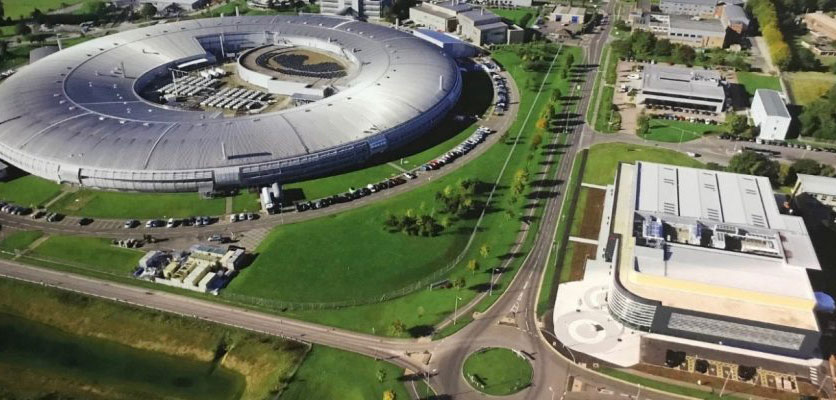Telecommunications firm O2 and the European Space Agency (ESA) have announced their support for ‘Project Darwin’, a four-year program designed to develop the next generation of connectivity solutions for connected and autonomous vehicles (CAVs).
Based in the Harwell Science and Innovation Campus in Oxfordshire, UK, Project Darwin will bring together professionals from Spanish satellite operator Hispasat; tech startup Darwin Innovation Group Oxford; Oxford and Glasgow universities; and several startups specializing in self-driving mobility solutions.
The objective will be to test and leverage the latest communication technologies and end-to-end connectivity solutions, including 5G and satellite communications.
Work will begin in July 2019 with the exploration of key connected vehicle and simulator software, as well as AI neural network integration. Project Darwin will showcase its first proof of concept in 2020.
Research by O2 found that CAVs are expected to generate up to 4TB of data per hour, highlighting the need for experiments such as Project Darwin to explore next-generation connectivity solutions.
As part of Project Darwin, ESA’s Advanced Research in Telecommunications Systems (ARTES) division will carry out a partner study program with UK government support [first phase €2.2m (US$2.5m)] to help define the different elements needed to deliver the full program.
Derek McManus, chief operating officer at O2, said, “Project Darwin is an important piece of the connected and autonomous vehicle puzzle. The research taking place at Harwell during the next four years will be vital in the creation of new transport ecosystems for the UK public and the companies that will offer these services.
“Our approach to this project is part of our wider strategy to collaborate with British businesses, partners and startups to unlock the possibilities of 5G for customers and wider UK economy.”
Catherine Mealing-Jones, director of growth, UK Space Agency, added, “Autonomous vehicles need robust, high-speed mobile data connections to operate effectively. Building the technology to link them to telecoms satellites will allow you to take your car wherever you want to go, and not just to areas with a strong mobile signal.
“The future of mobility is one of the UK government’s Industrial Strategy Grand Challenges, and this project will help ensure this critical technology is developed in Harwell, bringing expertise, jobs and growth to the UK.”


